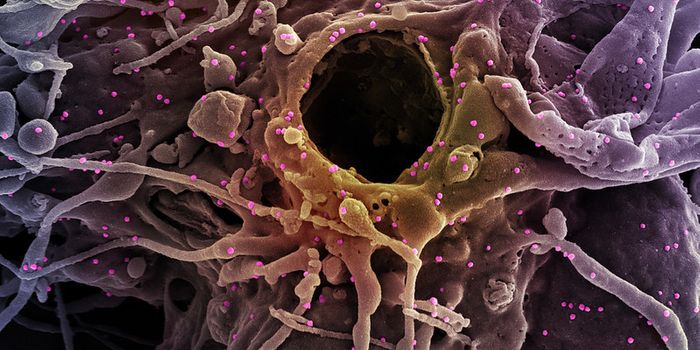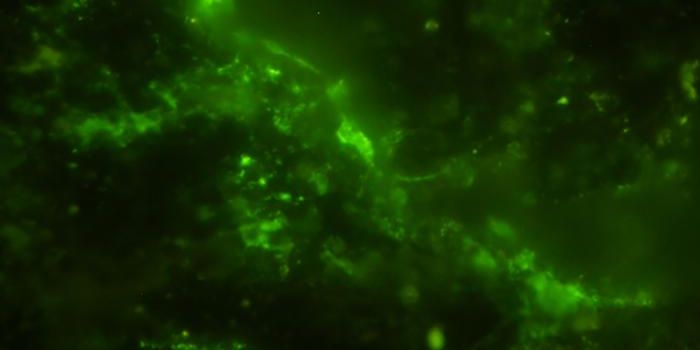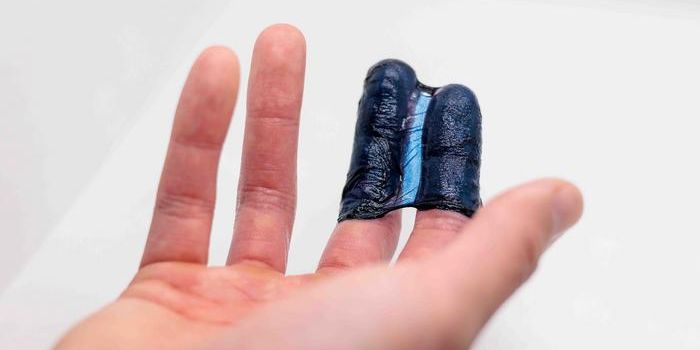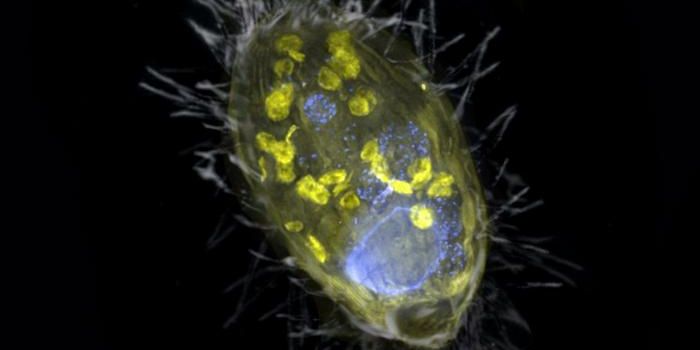A Mosquito-borne Disease Called EEE is Spreading This Year
Massachusetts health officials confirmed yesterday that a third person has died from Eastern Equine Encephalitis (EEE) virus out of ten cases that have occurred in the state this year. The virus is carried by infected mosquitoes and can cause a wide range of symptoms, including brain inflammation (encephalitis). There are typically about ten cases in the United States every year, according to the Centers for Disease Control and Prevention.
The disease causes illness about four to ten days after infection. It can result in two kinds of sickness, one that impacts the body and one that affects the brain. A systemic infection impacting the body causes muscle and joint pain, and fever, lasting for about one or two weeks and resolving completely afterward. The other type also causes fever when it affects the brain, however, symptoms also include irritability, restlessness, drowsiness, diarrhea, vomiting, anorexia, and convulsions. It can lead to a coma and death and can cause lasting symptoms in those that recover.
At this time, there are no effective treatments to eliminate the virus, and the CDC notes that no human vaccine is now available. A human vaccine exists, but it doesn't last and has not been widely used. “The vaccine does work, but the protection is very short-lived. People need to receive the vaccine multiple times over years in order to maintain protection,” Mark Fisher, an epidemiologist at the Centers for Disease Control and Prevention told WBUR in Massachusetts.
The disease is also still tough to diagnose, and the virus has been difficult to isolate in samples.
Since people cannot transmit the disease to one another, and it takes a bite from an infected mosquito to be infected, preventing mosquito bites is the best way to avoid infection.
"The key to staying safe is protection," said Cummings School Professor Sam Telford, an internationally renowned expert on disease spread by ticks and mosquitoes and commissioner for the Central Massachusetts Mosquito Control Project. "Even though EEE is rare, there's no way to know where and when it can strike."
“Every few years, you get a higher number of cases. And they can be in different places. Massachusetts is one of the states that has historically had a higher number of cases. But there are other states. Florida typically has the most cases overall,” Fischer told STAT News. “So it moves around, it occurs in different places in different years. And you have high and low years.”
The life cycle of the virus resembles that of West Nile, and uses a mosquito that prefers to feed on birds, called Culiseta melanura. Infected mosquitoes bite birds, who become infected and then spread the virus to uninfected mosquitoes that bite them next. If this happens a lot early in the summer, by July enough virus has built up that it starts to make its way into other mosquitoes that feed on a wider range of organisms, including horses and humans.
After a hard frost that kills many mosquitoes, the threat of the virus goes away. That also means the virus is likely to become more common in a warmer world.








